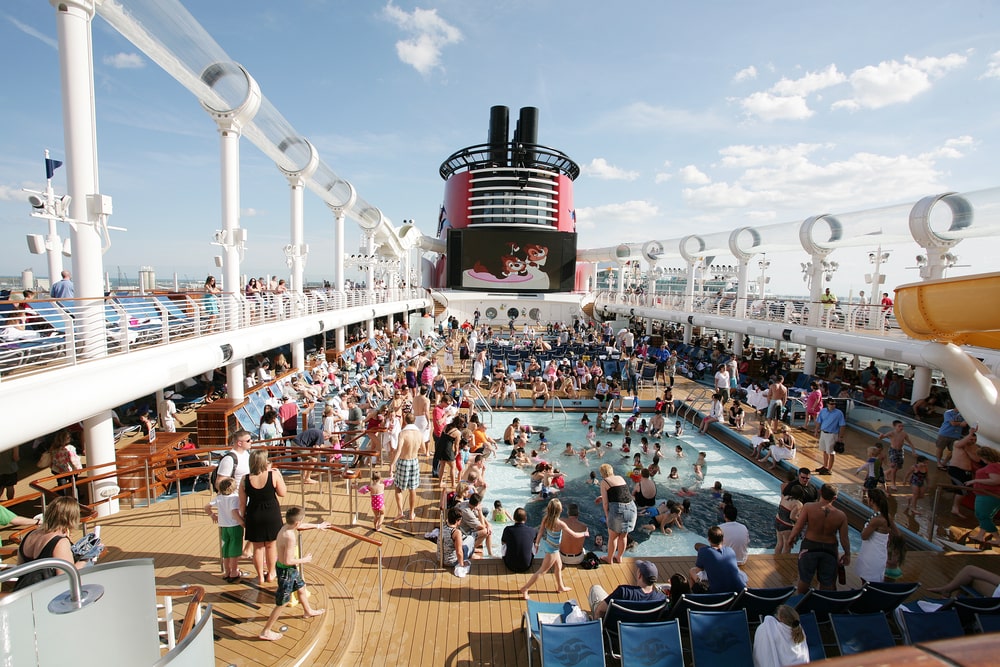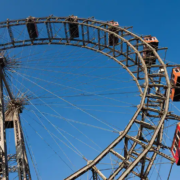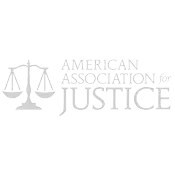Why Hiring A Lawyer After Your Cruise Ship Accident Is Important
Often, cruise ship accidents may require a lawyer due to the fact that they are highly complicated and there are many different issues that could come up and lead to the loss of possible compensation when the individual harmed in the accident is not informed regarding how to proceed and what is required for the claim. This is why most incidents on a cruise ship will necessitate maritime law involvement. Here are some of the key reasons to keep in mind when you are dealing with a cruise ship accident and thinking if you need a lawyer or not.
How complex the injury/accident is- Other than the need to worry about maritime laws and how to pursue compensation for the damage that is caused, the individual that suffers harm through an accident will need to think about other complex matters within the claim. There are often many things to investigate regarding evidence and getting witness statements of those passengers who are still on the ship or who leave the ship. If the crew has a certain amount of involvement in the crime or accident, then this could cause other difficulties without a lawyer. The victim of the accident will require a lawyer to question, interview, and assist with preserving all the evidence they can.
Investigation- If you hire lawyers early on, they can help you with the full investigation into the accident from the beginning. This may mean coming aboard the cruise ship while the cruise is still going on and not set to return home until weeks or months later. Some lawyers may need to contact the cruise ship operator in order to coordinate the investigation long-distance until the legal professional can get near the ship. Lawyers will also assist with finding an expert witness and questioning crew/witnesses.
Fighting with the cruise ship company- One of the key problems in pursuing a claim against the cruise ship liner is battling the legal team hired by the company. The lawyer you hire to help with such matters will assist through fighting the legal processes on your side. Other problems come up in the contract signed when you agree to conditions the company set in the cruise paperwork, aka your ticket. This may put a brake on any attempts to initiate a claim against the company, and the cruise liner may dictate when and where the person is able to file a claim. This location and time may negatively affect the victim of the accident.
Assistance throughout recovery- Another way that a lawyer assists the victim of a cruise ship accident is through beginning the claim or investigation while the injured party is in recovery. He or she may have to visit the doctor, stay in the hospital, or handle pain. Throughout these trying times, the lawyer can conduct investigations in the background or directly for the client as he or she works on healing and getting past the pain and suffering incurred by the accident. The victim may also reconnect with family, go back to work, and go on with their daily life while the lawyer handles the legal aspects of the battle against the cruise company.
If you are seeking an attorney experienced in maritime law, call Madalon Law today.








